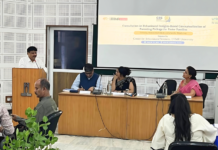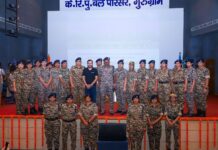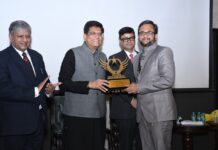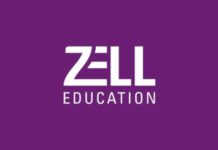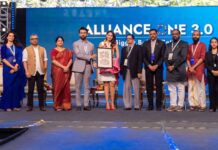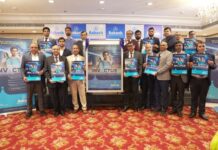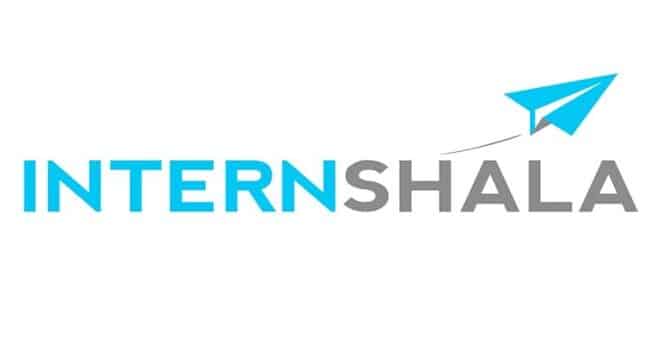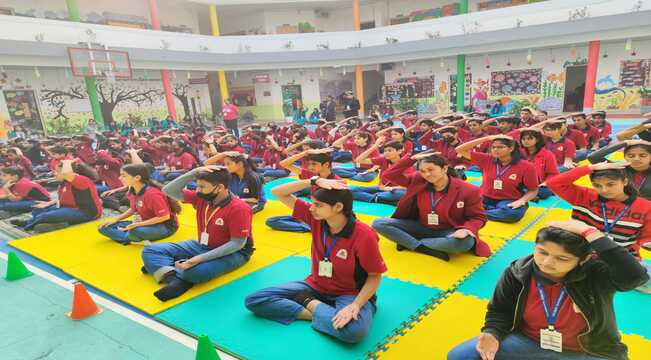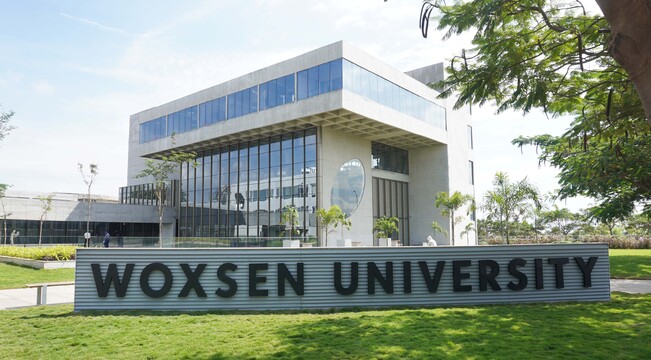- Industry stalwarts discuss new emerging risks and changing priorities in human resource management in a panel organised by India Affiliate of the Institute of Risk Management (UK)
Mumbai, August 08, 2020: The COVID-19 pandemic upended normal business almost overnight, with many companies scrambling to get digital processes in place to ensure business continuity. With work from home suddenly becoming the norm, challenges have also been thrown up from an HR perspective. As lockdowns continue to stretch on in various parts of the country, and the world adjusts to a new normal, firms will need to be proactive in assessing newly emerging people risks and addressing the changing priorities.
To discuss these risks, and the strategies companies need to implement in the time to come, India Affiliate of Institute of Risk Management – UK (IRM India), a global professional body offering qualifications in Enterprise Risk Management, conducted a panel discussion, Managing People Risk in Post-Crisis World, via webinar, on 1st August evening.
The panel was welcomed by Hersh Shah, CEO, India Affiliate of Institute of Risk Management (UK), “Talent is the most important resource for any organisation. With the COVID-19 pandemic, companies have encountered a host of people-related challenges, whether in terms of acquiring talent, maintaining the morale of the workforce or inspiring them to trust an organisation and its leaders while working remotely. As companies continue their business amid the lockdown, it is also important for them to recognize these new risks that have emerged, and develop strategies to mitigate them. IRM India is honoured to host such esteemed experts for this discussion, on an issue that has attained great importance in the present times.”
The hour-long webinar, which saw participation by 150+ attendees comprising HR professionals, risk professionals and mid & senior level personnel across various industry sectors, was moderated and addressed by Prabir Jha, Founder and CEO, Prabir Jha People Advisory. The panellists included R Mahalakshmi, HR Director, Mondelez India; Vikram Bector, Piramal Enterprises Limited, President and Group CHRO; Anil Sardana, MD & CEO, Adani Transmission LTD; and Dr. R. Ananthanarayanan, MD & CEO, Strides Pharma Science Ltd.
R Mahalakshmi, HR Director, Mondelez India, said, “Risk is not necessarily a bad thing, but an element that all businesses need to optimally manage. The art lies in knowing how much risk to take, how to manage and optimise it as to enable business growth. In HR, we need to manage four kinds of risks – Reputation Risk, Integrity Risk, Strategy Risk and Culture Risk. If the right talent doesn’t want to join you because of your reputation, then business continuity is at threat. Likewise, if you have not intentionally created a people strategy that unlocks growth (using right levers of build/buy; organisational design; workforce planning and rewards) it could be a risk to realising the growth potential. Lastly, If the leadership doesn’t own and intentionally create a culture that catalyses growth, it can kill the best strategy. It is the actions of the leadership team that shape the ethos of enterprise. So we need to ask a few questions – do we have a culture of leaders who are listening to the consumer and the employee? Do we have a culture that encourages people to be owners and do ‘test and learns’?
Moderator of the panel, Prabir Jha, Founder and CEO, Prabir Jha People Advisory, also agreed,”Culture is always a work in progress – something that worked in the past may not work now. Many times we become prisoners of personalities and structures, and don’t evolve as fast as we should. Quality of board is also a big risk – Are the boards adequately aware of the people risk? Do they get all the perspectives; are they looking at the way forward? No one is taking ownership of people’s risk.”
A key point highlighted during the discussion was that pandemic-related concerns have made HR risk management more complicated than ever, and that the relationship between the CEO and CHRO is of paramount importance right now.
Dr. Ananthanarayanan, CEO & MD, Strides Pharma, added, “An organisation’s people agenda is not just about a scorecard, goal-sheet or quarter-to-quarter performance. CEOs must be personally invested in driving the agenda. As a CEO, how much time are you actually allocating to understanding people in the organisation? Leaders must check the everyday pulse of the company. They must also personally devote time to building a culture of trust, diversity, inclusiveness and agility. Culture is how an employee experiences the company. Are we evaluating what kind of culture and employee value proposition we offer both to new as well as existing employees? There are new employees joining organisations remotely during these COVID-19 times. Is it a risk? Can we turn it into an opportunity? Remote joiners need, above all, a strong cultural onboarding. Finally, in my view, the key to leading people successfully is vulnerability. At the end of the day, a CEO needs a buddy or advisor, and should not hesitate to seek help – it could be somebody internal such as the CHRO, or external such as a coach. CEOs who are not afraid to demonstrate vulnerability will build an emotional connect and come across as authentic.”
Anil Sardana, MD & CEO, Adani Transmission LTD, observed, “If a CEO is low on people risk, I don’t think he can sit at the table for a very long time. He’s got to be a people person; he needs to be a performer and a people developer, and must make sure that people feel enthusiastic.”
The general consensus that emerged from the panel discussion was that the present crisis has not ended, and that the struggle to manage people effectively and efficiently has become even more crucial as everyone adjusts to a “new normal” of work. HR is one function which needs to deliver a quantum of impact, and that the leaders of an organisation need to be role models for the culture they want to create.
India Affiliate of Institute of Risk Management (UK) was formed out of the organisation’s desire to fast-track risk management capability in India, given the dynamic nature of the nation and its economy, and its vital position in a rapidly-evolving world. The organisation offers 5-level qualification, with designations and global professional standards, to working professionals at all hierarchical levels, as well as anyone who has completed 12th Grade. Individuals enrolling for the qualifications become part of a global community spanning 143 countries, with access to online resources, thought leaders, topical webinars and special interest groups.
Corporate Comm India (CCI Newswire)



